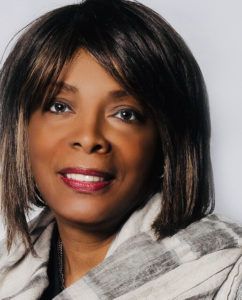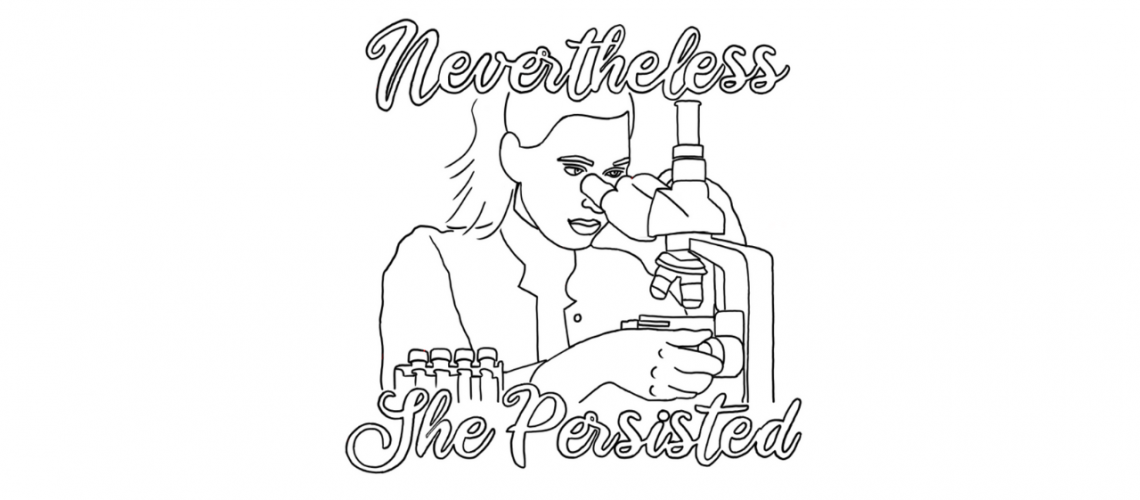Today is U.S. Black Women’s Equal Pay Day, which marks how long a black woman has to work into 2020 to catch up to the amount their white, male colleague made in 2019. On average, black women in the U.S. are paid 39% less than white men and 21% less than white women. And, according to a study done by LeanIn.org, more than 1 in 3 Americans are not aware that this pay gap exists.
That’s a problem.
Black women who work full-time jobs make on average about 61 cents for every dollar their white, male colleague makes, according to the National Women’s Law Center. This undercuts a black woman’s ability to provide for herself and her family, especially since 80% of black women are the main breadwinners for their family.¹
I recently met with three black female leaders in energy: Paula Glover, Hilda Pinnix-Ragland, and Rose McKinney-James. They shared some of their experiences and their thoughts on the pay gap as well as being an ALLY in the workplace.
Advice on closing the pay gap
"Change is happening in the hue of the boardroom today. While we're not there completely, we've started the discussion. The people who are protesting today are of all ages, nationalities, colors, and they’re saying, ‘no more’. This is forcing companies to act."

Hilda notes four key steps companies can take to close pay gaps.
- Training - Making sure that employees, supervisors, and hiring managers have the training. We need better understanding of legislation and the history of pay discrimination.
- Invest in diverse teams - This is within the HR system. Promoting unbiased and diverse teams within a company is crucial. A diverse hiring team adds value to the workplace.
- Eliminate “date of’s” - You hear all of these numbers: it would take ~257~ years to eliminate this gender gap. Let’s not do that. Let’s make a wrong, a right. Companies need to do a pay equity audit within their company. And to employees, don't be afraid to negotiate. Do your homework and get data online. You’re not asking for a handout, you’re asking to be paid what you’re worth.
- Create a sustainable scorecard - We have to measure what we see. I’m not saying hire “X” percentage or don’t hire qualified people, but make it an equal playing game.
Being your own advocate

Rose started in local government and was fortunate enough to secure a position with a senior member of management. Her performance was exemplary and the organization recognized her as a significant contributor. But she notes that "when the time came for salary adjustments, there was a clear distinction between my pay versus my white, male counterpart. And I was so stunned, I had to ask my supervisor why. I was told that because I was a single woman, I didn’t have the same financial obligations as my white, male, counterparts who were married. This was a real wake up call for me.”
As Rose advanced through her career, the same astounding occurrence happened again. This time, she decided to leave the position. She candidly told her supervisor it was time she move on.
“I know that makes me sound crazy, but I just wasn’t able to stomach that type of discrimination. And while not every woman will be prepared to do what I did, we must understand our value.”
One way to advocate for your value is by asking for a raise or promotion. And while doing this for the first time might seem daunting, be confident in the fact that it's warranted and can be very effective. Paula Glover offers her advice on how to be a successful negotiator.
“Make sure you have all the facts, and not feelings. Often when we negotiate, we say to ourselves ‘well I think I’m better than this person’ or ‘I feel like I’m more qualified’. Unless you can back it up with real data, those things are just feelings, and that’s not a good position to negotiate from.”

How to be an effective ally
“The hardest thing for black women is that while you can advocate for yourself, you don’t actually have any decision-making authority. You’re really just advocating for someone else to do the right thing.”
Paula Glover
In a world where their voices are suppressed, black women desperately need allies. Until white and/or male co-workers begin advocating on their behalf, we will never truly achieve equality. Hilda, Paula, and Rose each shared their thoughts on what makes an effective ally.
Hilda: You need to speak up. Whether you’re this color or that color, male or female, my goal is to help you. Waking up each morning and saying 'I’m going to do something good' - it’s the best feeling in the world.
Paula: I think the best way to be an ally, is to understand that as people are sharing their experiences, it’s not supposed to be made personal to you. A lot of times I hear responses like ‘wow I just feel really guilty.’ Well, I didn’t tell you to feel guilty because feeling guilty is not useful. I’m sharing my experience so it helps you as an ally to think about how you might respond to someone else in the future.
Rose: I think the important thing is to be open, available, and empathetic. Furthermore, people must acknowledge that this national conversation we are undertaking is about issues that have been in place for a very long time.
Moving forward
“I am excited to see the increased outreach and interest in advancing what I call the sisterhood. I think it will take us a long way in improving, across the board, the quality of life that we all enjoy.”
Rose McKinney-James





